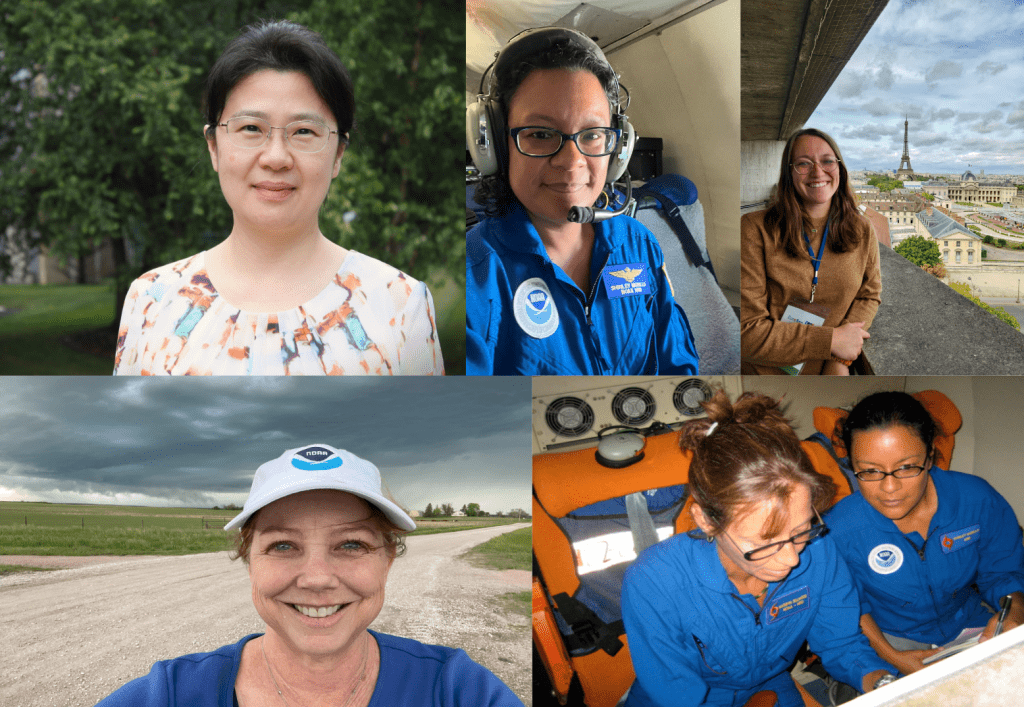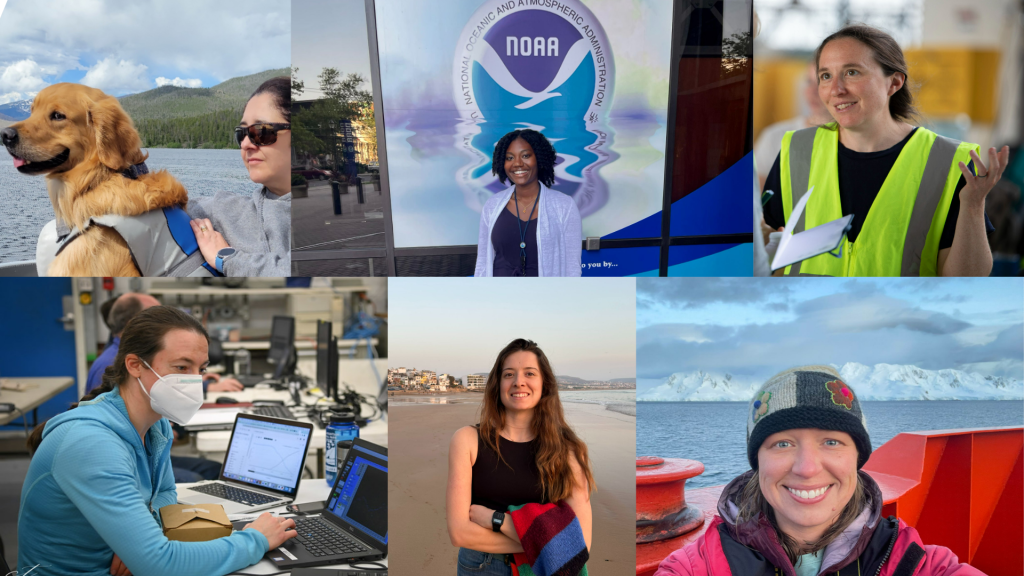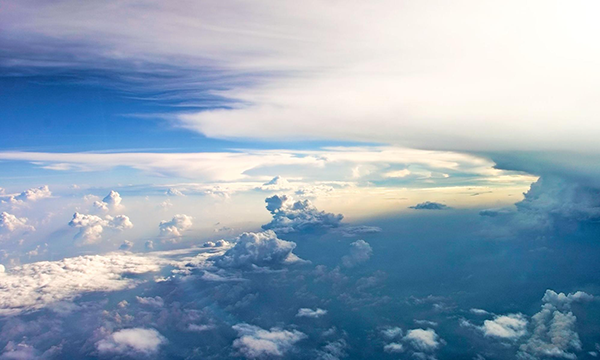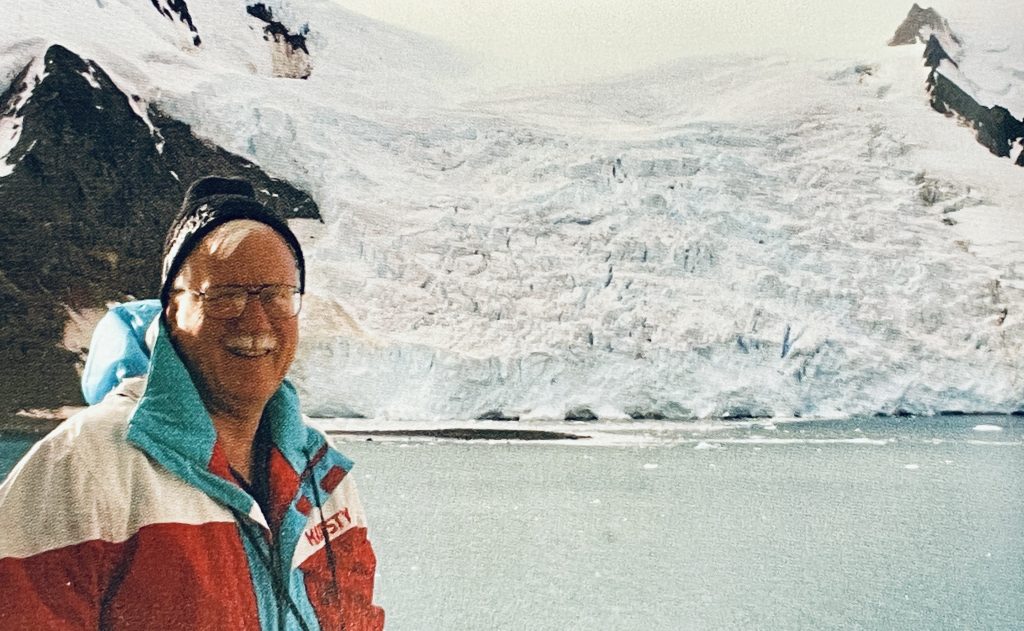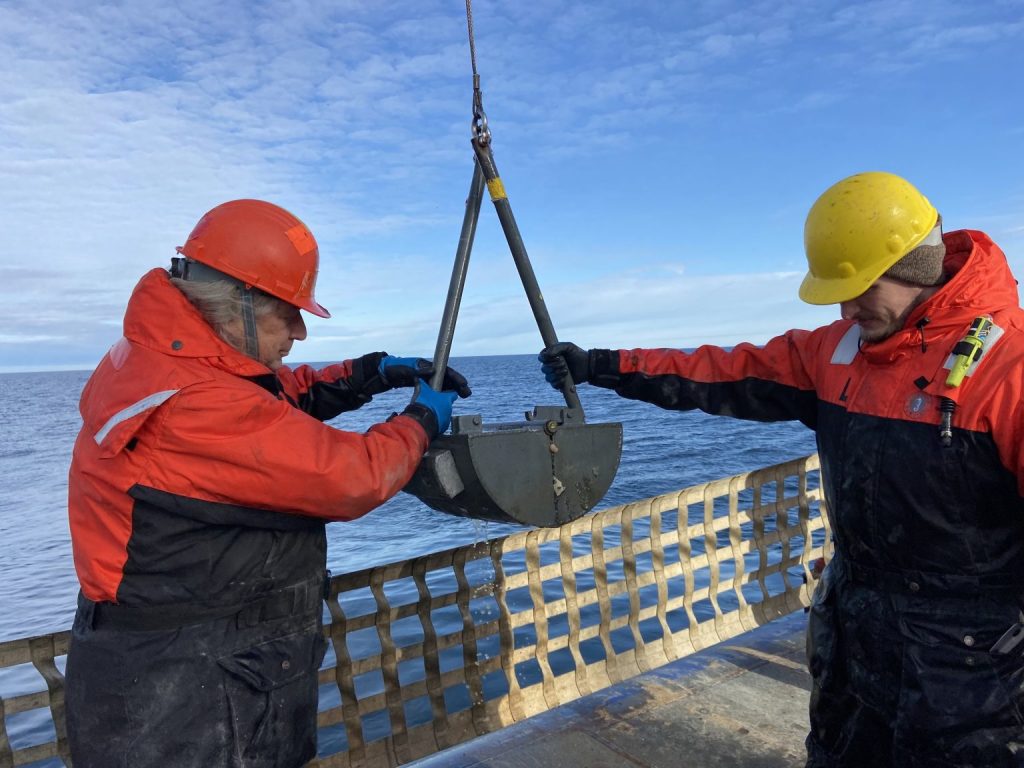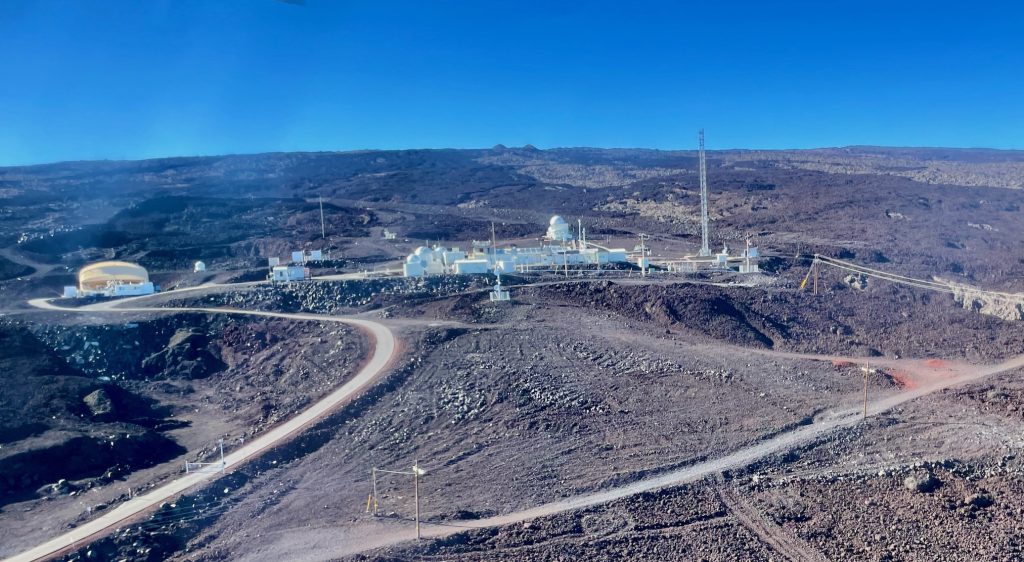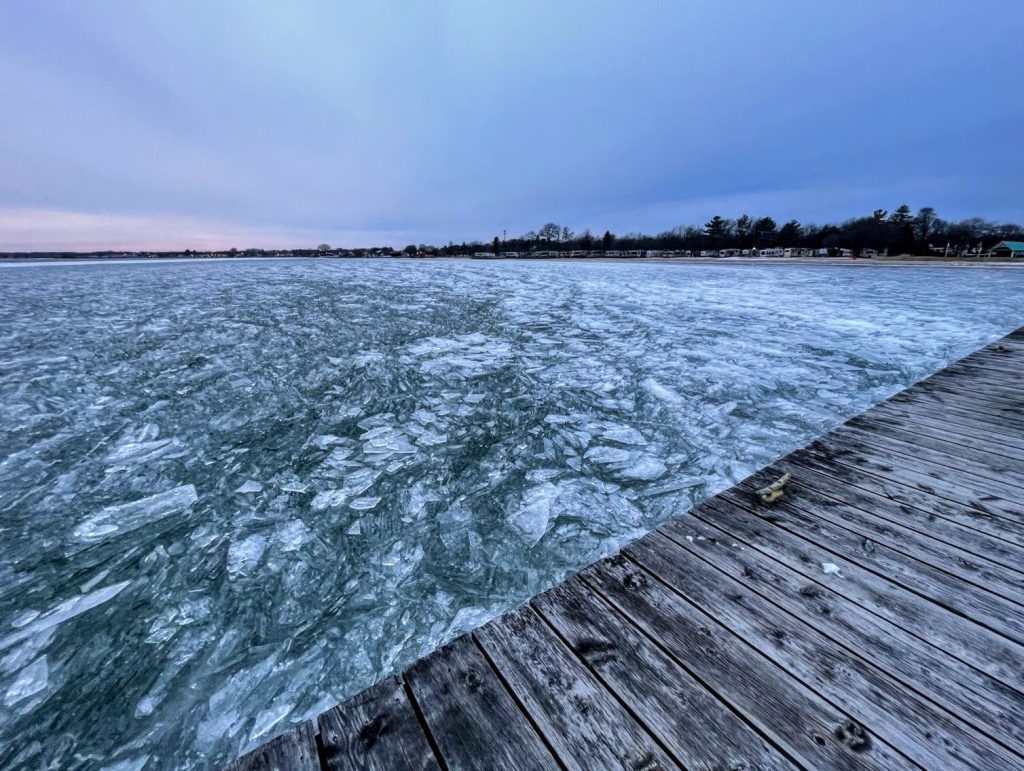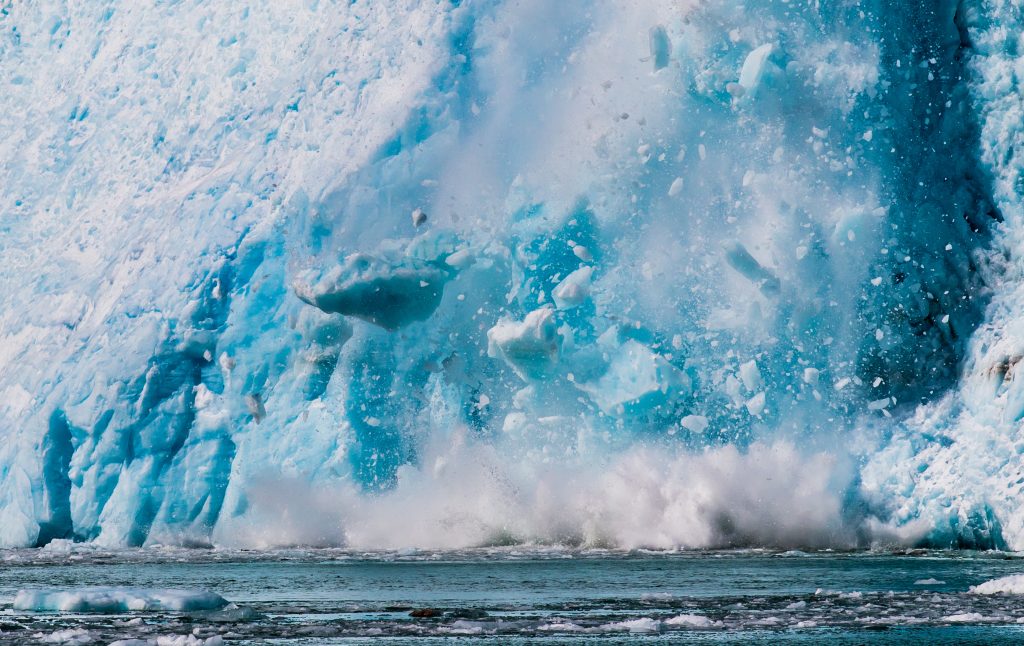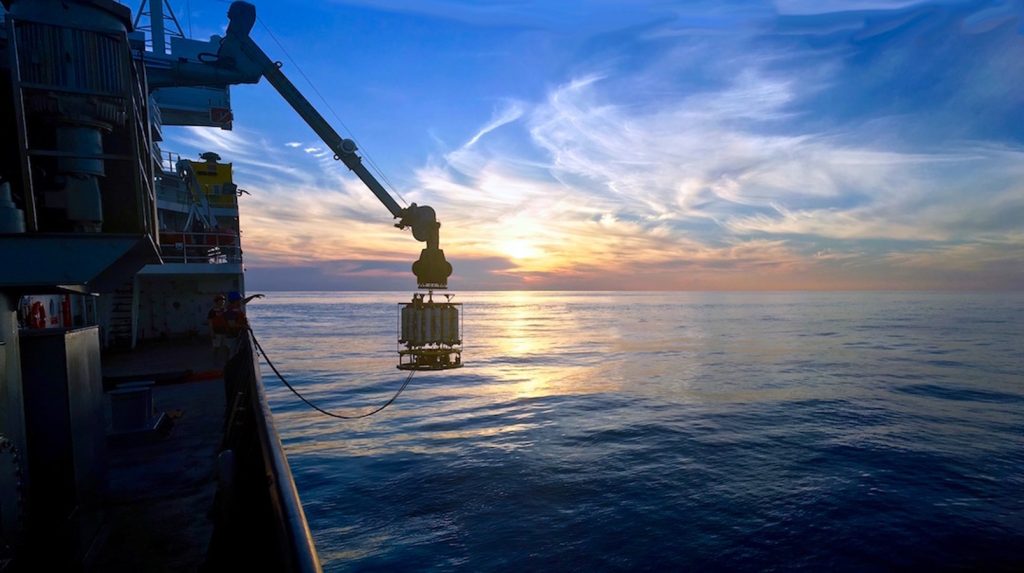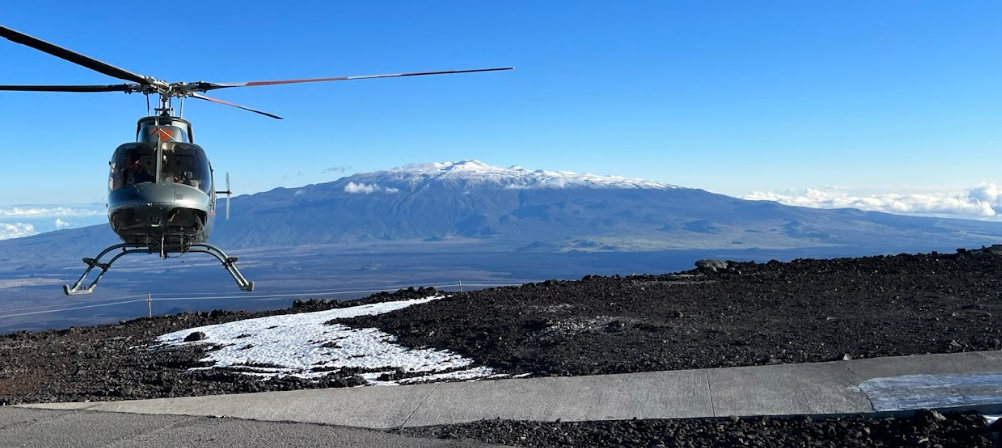Meet the women advancing NOAA’s severe weather research
This week for Women’s History Month, we are highlighting some of the women who are making critical contributions to NOAA’s work in severe weather research. Meet five women who are working on progress and solutions to better prepare society for severe weather events.
Meet the women advancing NOAA’s severe weather research Read More >
